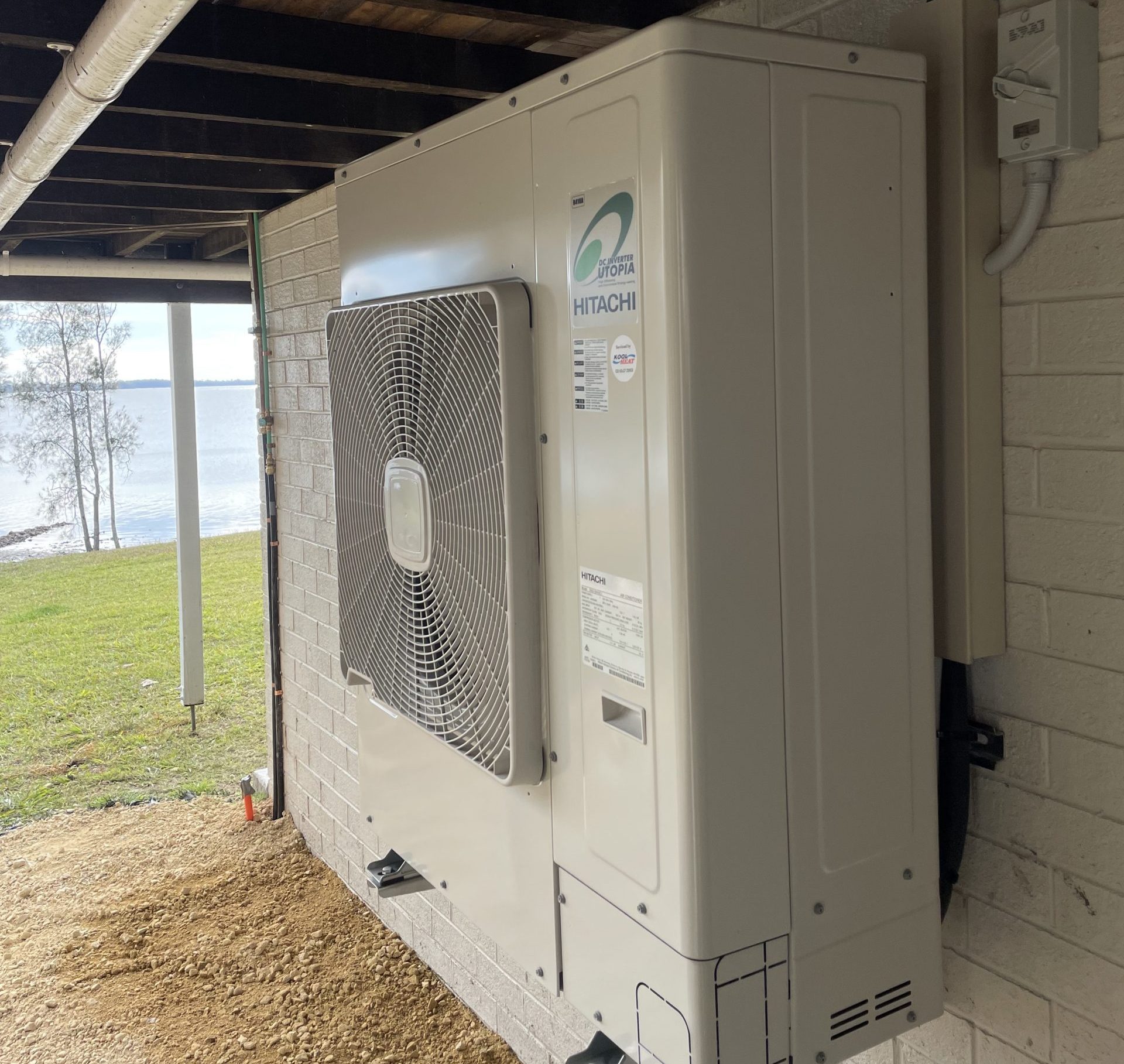
When it comes to designing an effective and efficient ducted air conditioning system, the concept of a “spill zone” is often overlooked but crucial. In this article, we will delve into the significance of incorporating a spill zone into your ducted air conditioning system.
Understanding Ducted Air Conditioning Systems
Ducted air conditioning systems are popular for their ability to cool or heat an entire home uniformly. These systems operate through a network of ducts that carry conditioned air to various rooms. However, ensuring the optimal functioning of such a system goes beyond merely installing the ductwork.
The Need for Spill Zones
A spill zone is a designated area where excess conditioned air is directed when it cannot be evenly distributed to the rooms. This can occur due to various reasons, including irregular room shapes, blockages, or incorrect calculations during the design phase.
Importance of Adequate Spill Zones
Preventing Airflow Issues
Without a well-designed spill zone, the air conditioning system may struggle to maintain balanced airflow, leading to uncomfortable temperature variations within your home.
Enhancing Energy Efficiency
Adequate spill zones ensure that excess conditioned air doesn’t go to waste, making your system more energy-efficient.
Ensuring Air Quality
Spill zones can help remove impurities from the air, improving indoor air quality.
Meeting Safety Standards
Inadequate spill zones can lead to pressure imbalances in the ducts, potentially causing damage or safety hazards.
Factors to Consider in Spill Zone Design
Designing an effective spill zone involves considering factors like the system’s capacity, the layout of your home, and the type of ductwork used. These factors impact how efficiently your system can handle excess air.
Preventing Airflow Issues
One of the primary reasons for including spill zones is to prevent airflow issues. When the system cannot manage excess air, it can lead to uncomfortable drafts and uneven temperatures within your home. Proper spill zone design can eliminate these problems.
Enhancing Energy Efficiency
A well-designed spill zone ensures that conditioned air that cannot be delivered to the rooms is not wasted. This, in turn, makes your air conditioning system more energy-efficient, reducing your energy bills and environmental impact.
Ensuring Air Quality
A spill zone also plays a role in ensuring good indoor air quality. By directing excess air to a designated area, impurities and contaminants can be filtered out, enhancing the quality of the air you breathe.
Meeting Safety Standards
Inadequate spill zones can result in pressure imbalances within the ducts, potentially causing damage to the system or safety hazards. Proper spill zones help in maintaining a safe and reliable ducted air conditioning system.
Compliance with Regulations
In many regions, building codes and regulations require the inclusion of spill zones in ducted air conditioning systems. Non-compliance can lead to legal issues and complications when selling or renting a property.
Professional Installation
To ensure your ducted air conditioning system includes a well-designed spill zone, it’s essential to rely on professional installation services. Experts in the field can assess your home’s layout and specific requirements, ensuring that the spill zone is appropriately integrated into the system.
Spill Zone Maintenance
Once your system is up and running, regular maintenance is key to ensuring the spill zone continues to function optimally. This includes inspecting the ductwork, filters, and any other components related to the spill zone.
Conclusion
Incorporating a spill zone into your ducted air conditioning system is not just a matter of convenience; it’s a necessity. From maintaining airflow balance to enhancing energy efficiency, ensuring air quality, and meeting safety standards, a well-designed spill zone can make a significant difference in your home’s comfort and functionality.
FAQs
a. What is a spill zone in a ducted air conditioning system?
A spill zone is a designated area with excess conditioned air is directed when it cannot be evenly distributed to the rooms. It also plays a crucial role in maintaining balanced airflow and system efficiency.
b. How does a spill zone affect air conditioning performance?
A properly designed spill zone prevents airflow issues, enhances energy efficiency, ensures good air quality, and helps meet safety standards, all of which are essential for optimal air conditioning performance.
c. Are there any safety concerns related to spill zones?
Inadequate spill zones can lead to pressure imbalances in the ducts, potentially causing damage to the system or creating safety hazards. Proper spill zone design mitigates these concerns.
d. Can homeowners design their spill zones?
Homeowners can understand the concept of spill zones, it is highly recommended to rely on professional HVAC services to design and implement them effectively.
e. Where can I find professional ducted air conditioning services?
You can find professional ducted air conditioning services through local HVAC companies or by conducting online searches for reputable providers in your area. Ensure they have the necessary expertise in spill zone design and installation for the best results.
22 thoughts on “Important of Spill Zone When Designing a Ducted Air Conditioning System”